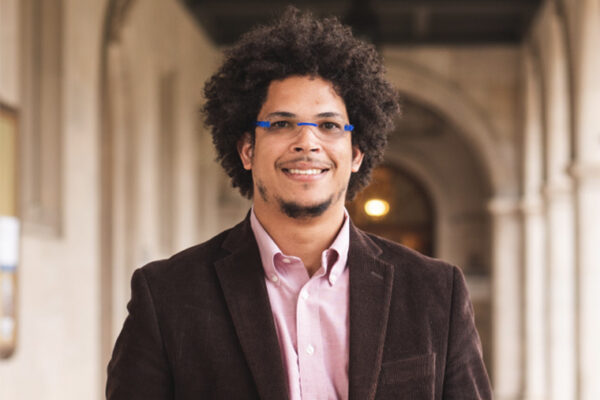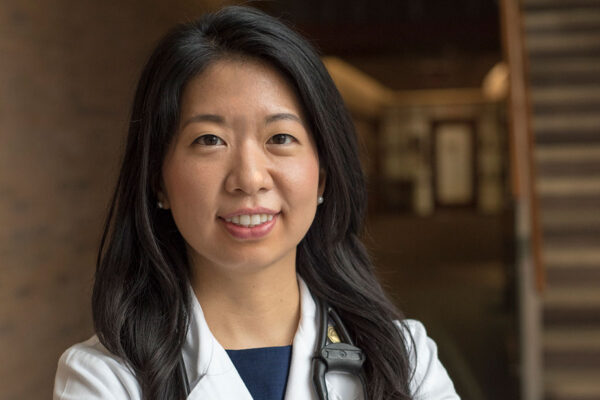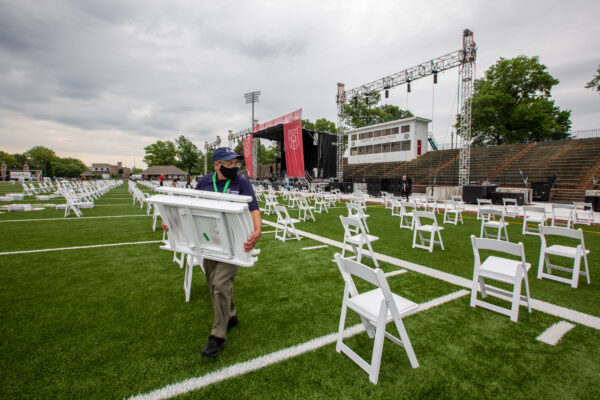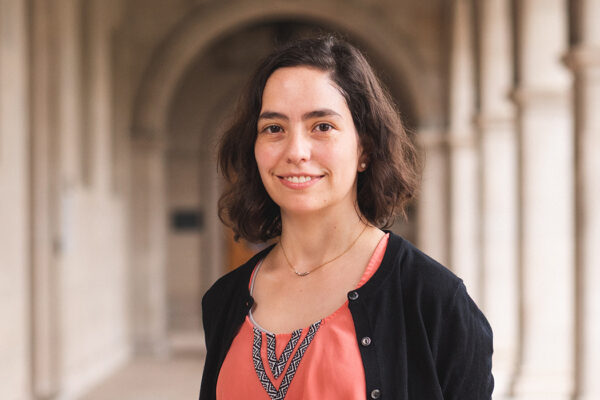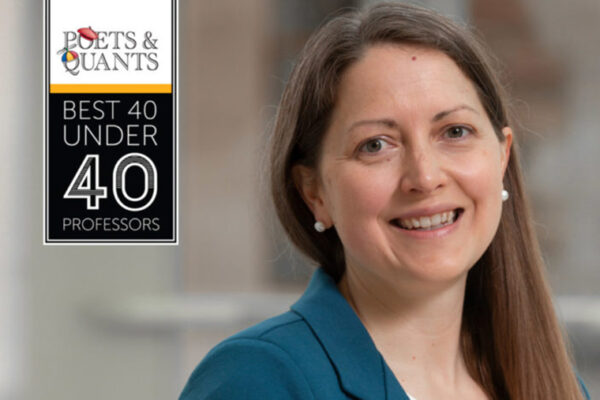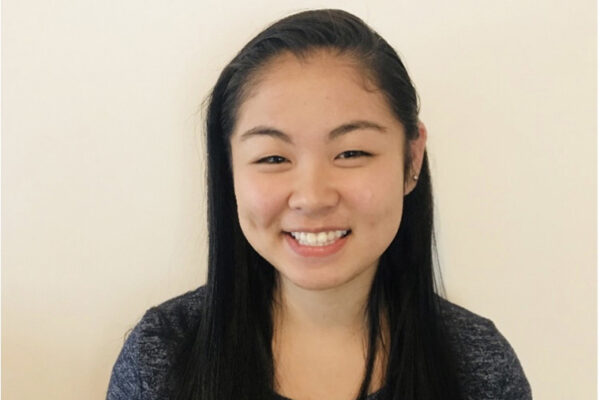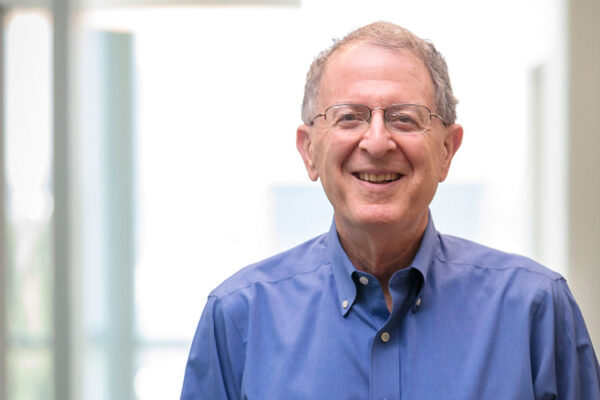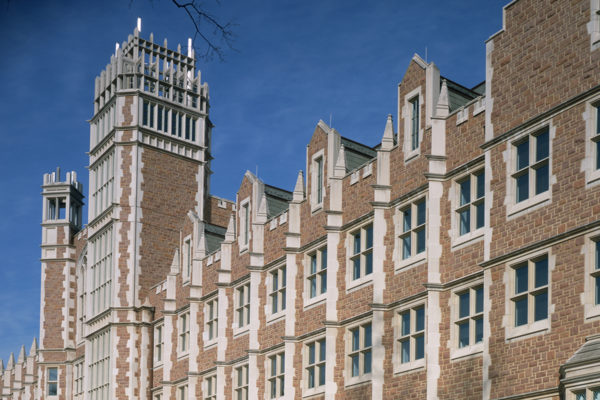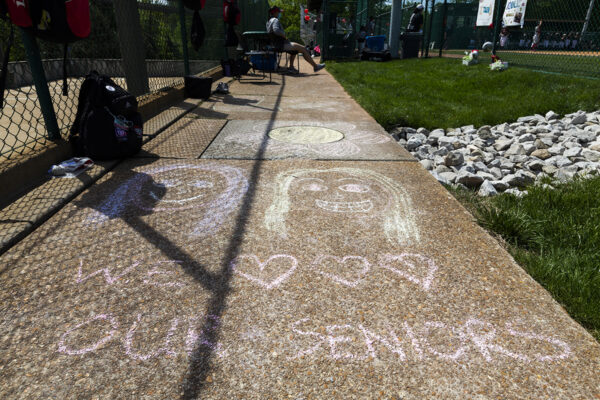Valerio wins career fellowship
Miguel Valerio, assistant professor of Spanish in Arts & Sciences, has won a 2021–22 Career Enhancement Fellowship from the Institute for Citizens & Scholars.
Kwon named committee vice chair by epidemiology society
Jennie H. Kwon, DO, assistant professor of medicine at Washington University School of Medicine, has been named the vice chair for the Society for Healthcare Epidemiology of America Research Committee.
160th Commencement will be one for the history books
An unprecedented academic year coming to a close brings an unprecedented Commencement for graduating students this week. To allow for in-person ceremonies, the traditional universitywide ceremony in Brookings Quadrangle will be broken up into eight ceremonies over the next two days, May 20 and 21, on Francis Olympic Field.
Laura Escobar Vega: Building mathematical bridges
Laura Escobar Vega, assistant professor of mathematics and statistics in Arts & Sciences, shows students and young professionals new ways to connect with math and see themselves in the field.
Cryder named to Poets & Quants’ ‘40 Under 40’ list
Cynthia Cryder, associate professor of marketing at Olin Business School, was named one of Poets & Quants’ “Best 40 Under 40” professors of 2021.
‘We’ve been through something together’
Senior Class President Michelle Wang says her classmates share a deeper sense of empathy, one they earned the hard way.
Gordon study on childhood malnutrition honored for its impact
The Clinical Research Forum, a nonprofit association of top clinical research experts from the nation’s leading academic health centers, has awarded an international interdisciplinary team led by Jeffrey I. Gordon, MD, a Distinguished Clinical Research Achievement Award for his study “Integrating Global Health with the Microbiome.”
Association recognizes two psychology students for quality research
Two psychological and brain sciences students in Arts & Sciences received Research Excellence Awards from the Federation of Associations in Behavioral & Brain Sciences.
Get ready for Workday launch in July
The university’s future human resources and financial administrative system, called Workday, will launch July 1 as part of the multiyear MyDay program. Employees can begin learning everything they need to know and do ahead of the launch.
5.17.21
Images from on and around the Washington University campuses.
Older Stories
